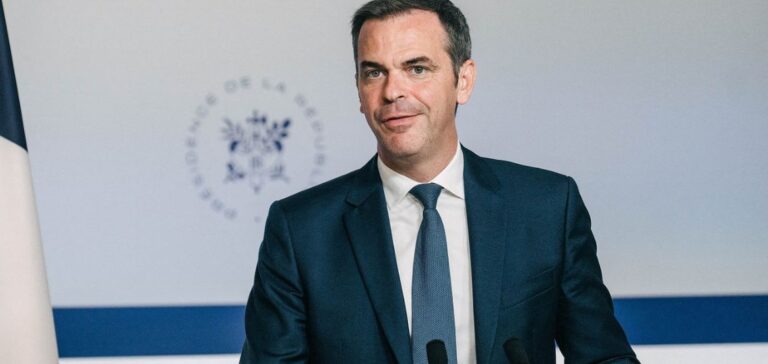The roadmap for ecological planning, which has been postponed several times, is due to be presented in about “two weeks”, government spokesman Olivier Véran announced on Wednesday.
Ecological planning: The roadmap takes shape in September
In his report on the Council of Ministers and a back-to-school government seminar, he stated that this “roadmap” would be presented by Elisabeth Borne “during the week of September 18”. But he did not specify whether this would be the presentation to the general public or only to the political forces, who, he said, “wanted the Prime Minister to be able to meet them ahead of the official presentation of ecological planning to inform them of the content and discuss it with them”.
“It’s normally a matter of two weeks for this ecological planning to be presented,” he explained.
The Elysée Palace insisted that President Emmanuel Macron would “obviously play his part in presenting” this roadmap to the French people. An ecological planning council, to adopt this ambitious plan aimed at defining how to meet France’s greenhouse gas reduction commitments, should theoretically be held at the Elysée under the chairmanship of the Head of State before its presentation.
The date of September 18 has been circulated for this meeting, but has not been confirmed by Emmanuel Macron’s entourage, who are content to say that it will take place in mid-September, and in any case by the end of the month. The roadmap was originally due to be adopted and unveiled before the summer, but has been postponed several times. Olivier Véran assured us that “several interministerial meetings” had been held this summer on the subject.
Why does it matter?
The imminent announcement of the roadmap for ecological planning is a key development in the environmental field in France. This roadmap aims to define how the country will commit to reducing its greenhouse gas emissions, a major challenge in the fight against climate change. The resulting decisions will have an impact on the country’s environmental policy, economy and businesses. As a result, it deserves special attention from citizens, economic players and investors interested in France’s sustainability and future.






















